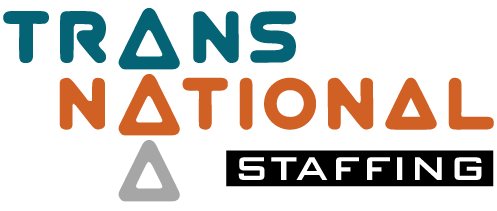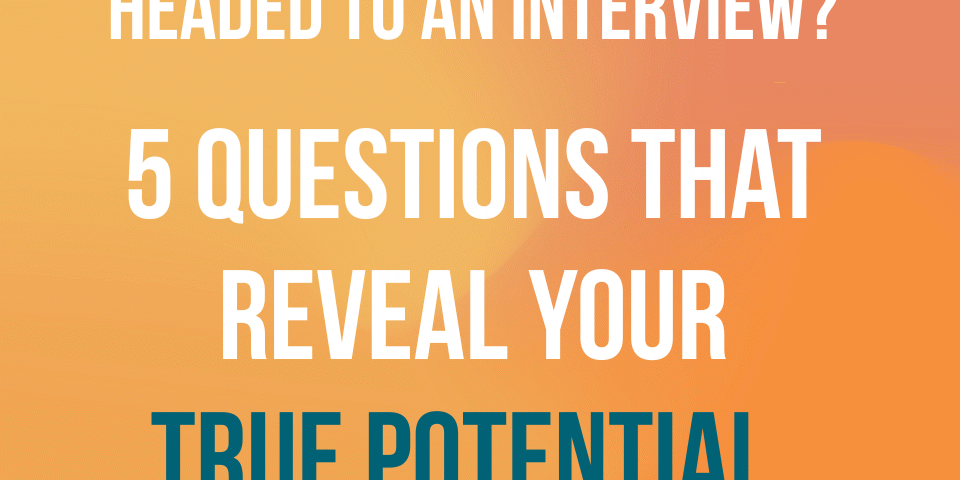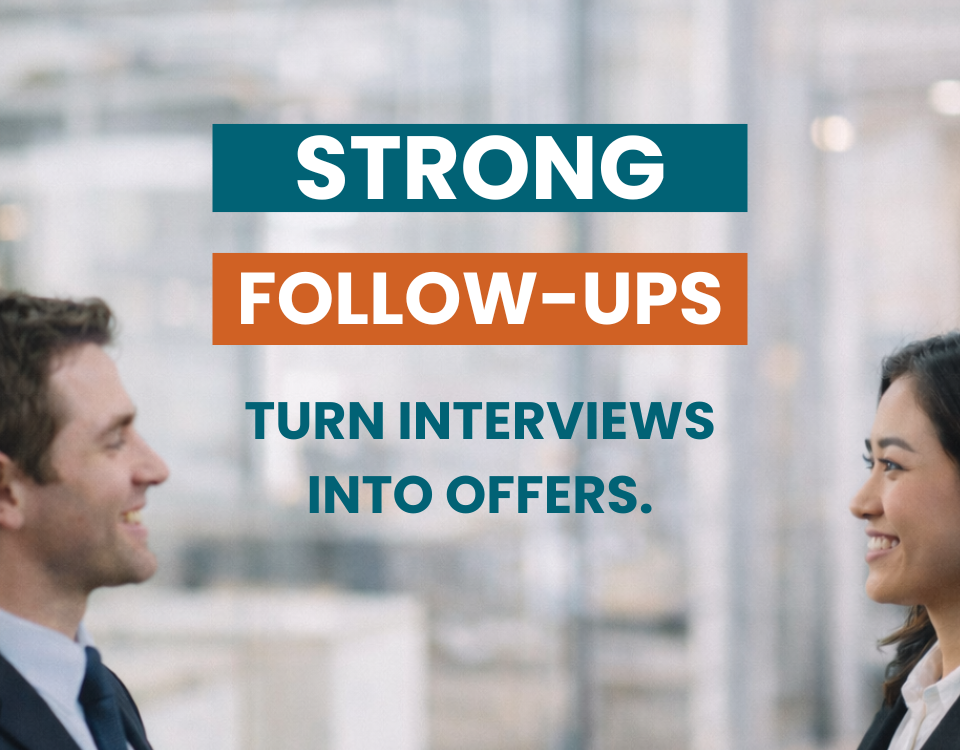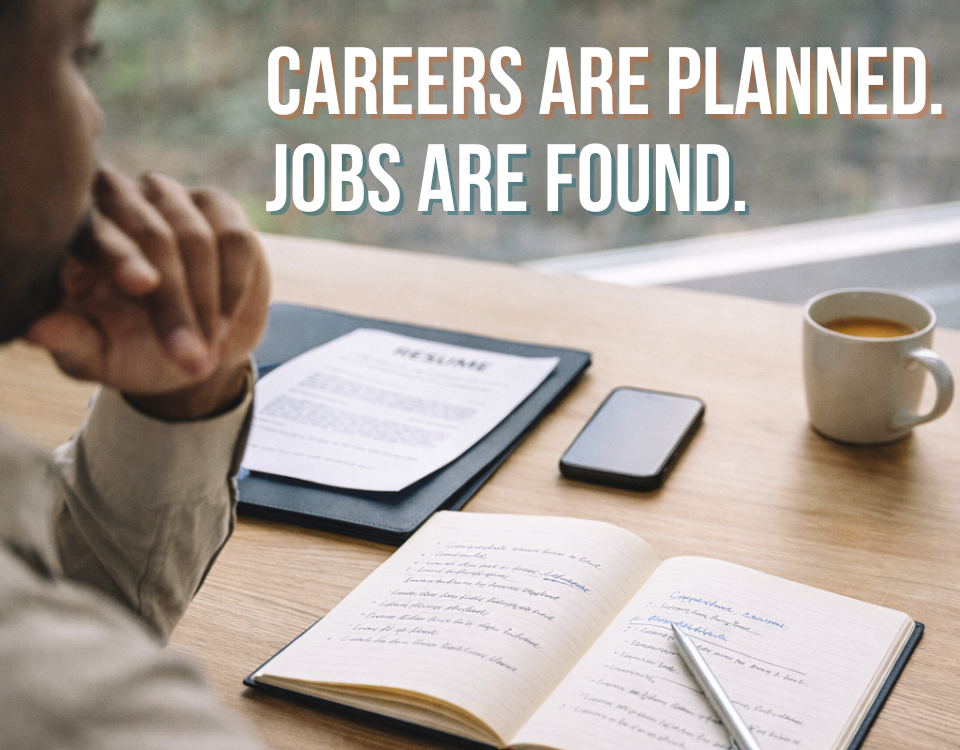
10 Habits That Predict Employee Success & Long-Term Retention
October 16, 2025
The Cost of Vacancy: Calculating How Much an Open Role Really Costs Your Business
November 1, 2025Congratulations! Your resume got you in the door. Now, the interviewer’s focus shifts from what you’ve done to what you can do for their company. Hiring managers aren’t looking for a perfect script; they’re looking for evidence of aptitude, ownership, and resilience.
The most successful candidates don’t just answer the question; they frame their experience using the problem-solving mindset that every employer wants. Master these five common, high-impact interview questions to reveal your true potential and turn an opportunity into a job offer.
1. “Tell Me About a Time You Failed or Made a Mistake.”
The interviewer isn’t trying to gauge your flawlessness; they are testing your self-awareness, honesty, and ability to learn. High-potential employees view failure as data, not destiny.
- What They’re Looking For: The ability to articulate the mistake, accept responsibility without blaming others, and, most importantly, describe the specific, actionable change you implemented afterward to ensure it never happened again.
- The Right Mindset: Frame the story around the lesson learned and the positive result of that lesson. Example: “I learned the importance of cross-functional communication when I missed a deadline. Now, I initiate a daily check-in with the dependencies team to prevent any silos.”
2. “How Do You Handle Conflict with a Colleague or Manager?”
This question assesses your emotional intelligence and communication skills. Conflict is inevitable, but how you navigate it determines your value as a team member.
- What They’re Looking For: A structured, professional approach. They want to see that you prioritize de-escalation, mutual understanding, and finding a solution over winning an argument. Never bad-mouth a former colleague.
- The Right Mindset: Use the opportunity to show you seek a solution, not a fight. Emphasize listening to understand the other person’s perspective and focusing on the shared business goal rather than personal differences.
3. “Why Are You Leaving (or Why Did You Leave) Your Last Role?”
This is a trust test. The interviewer wants reassurance that you’re seeking opportunity, not an escape. They’re also checking for patterns of negative reasons for leaving.
- What They’re Looking For: A positive, forward-looking motivation. Focus on what you want to gain (growth, new challenge, specialization, larger impact) rather than what you disliked about your previous job.
- The Right Mindset: Connect your desire for a new role directly to the company you’re interviewing with. Example: “While I appreciated my time there, I recognized a ceiling on [Skill X]. I’m looking for a company, like yours, that is specializing in [Skill X] so I can grow and contribute at a higher level.”
4. “Where Do You See Yourself in Five Years?”
This isn’t about predicting your title; it’s about checking your ambition, career planning, and long-term loyalty to the company’s industry.
- What They’re Looking For: Alignment. They want to see that your career aspirations can be reasonably achieved within their organization and that you’re committed to the industry. They’re checking to see if your goals involve skills and roles that would directly benefit them.
- The Right Mindset: Show that you’ve done your research. Focus on skill mastery and leadership development within their sector. Example: “In five years, I hope to have mastered our proprietary system and be in a position to lead and mentor a small team here at [Company Name], helping to drive efficiency in the logistics division.”
5. “What Are Your Favorite Hobbies Outside of Work?”
This seemingly innocent question is one of the most powerful tools for assessing cultural fit and the whole person. It tests how you manage work-life balance and reveals hidden soft skills.
- What They’re Looking For: Passion, discipline, and energy. If your hobby involves teamwork (like a sports league), it demonstrates collaboration. If it involves personal mastery (like learning a language), it shows dedication and self-motivation.
- The Right Mindset: Be genuine, but connect the habit to a valuable soft skill. Example: “I’m an avid marathon runner. The discipline and planning required to train for 16 weeks directly translates to how I manage complex, long-term projects and maintain focus under pressure.”
Ready to find a job where your potential is recognized and rewarded?
Transnational Staffing connects ambitious candidates with companies that ask the right questions and hire based on high-impact potential.
📞 Call us at (734) 284-0785 or visit our Contact Us page: 🔗 transnationalstaffing.com/contact-us




